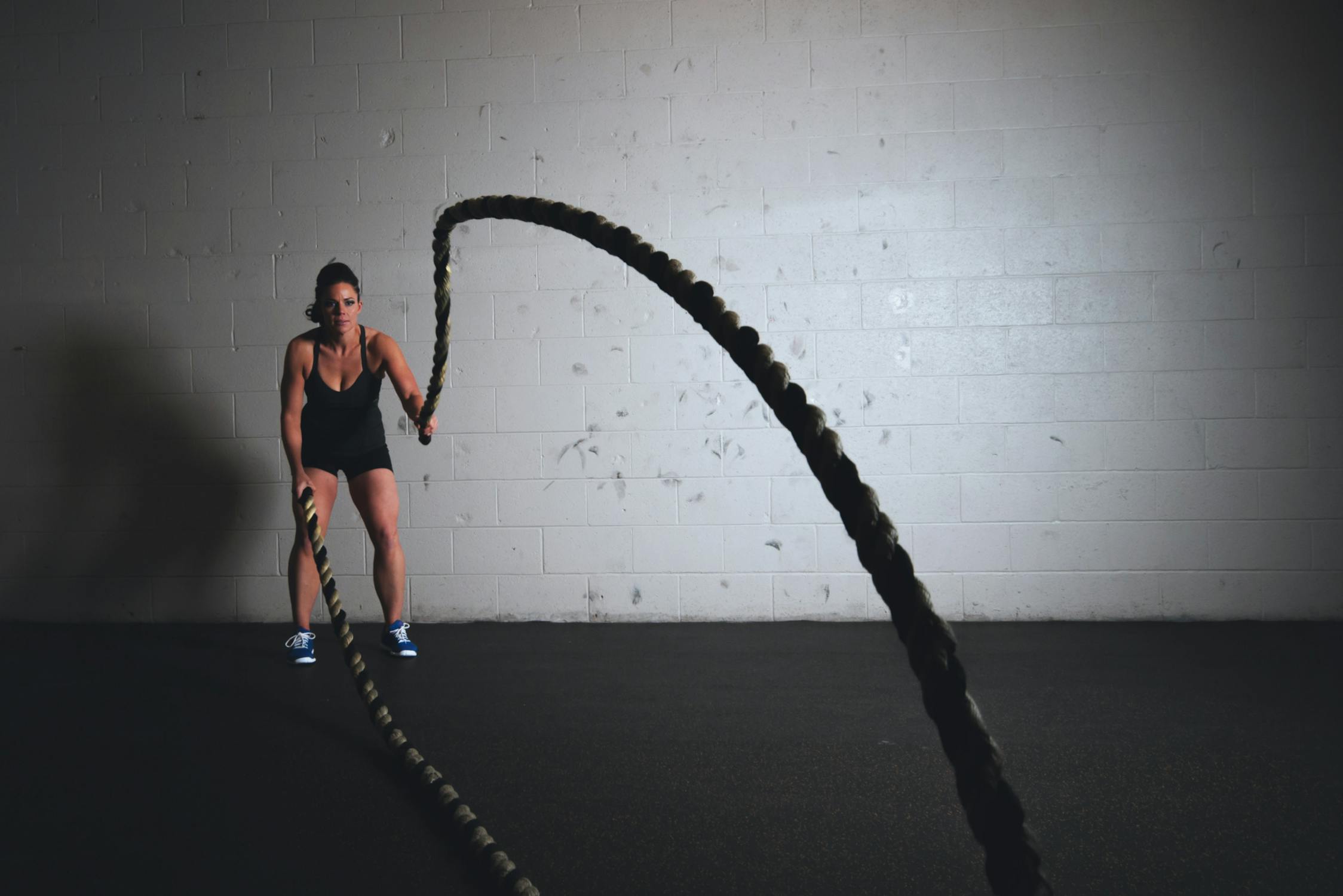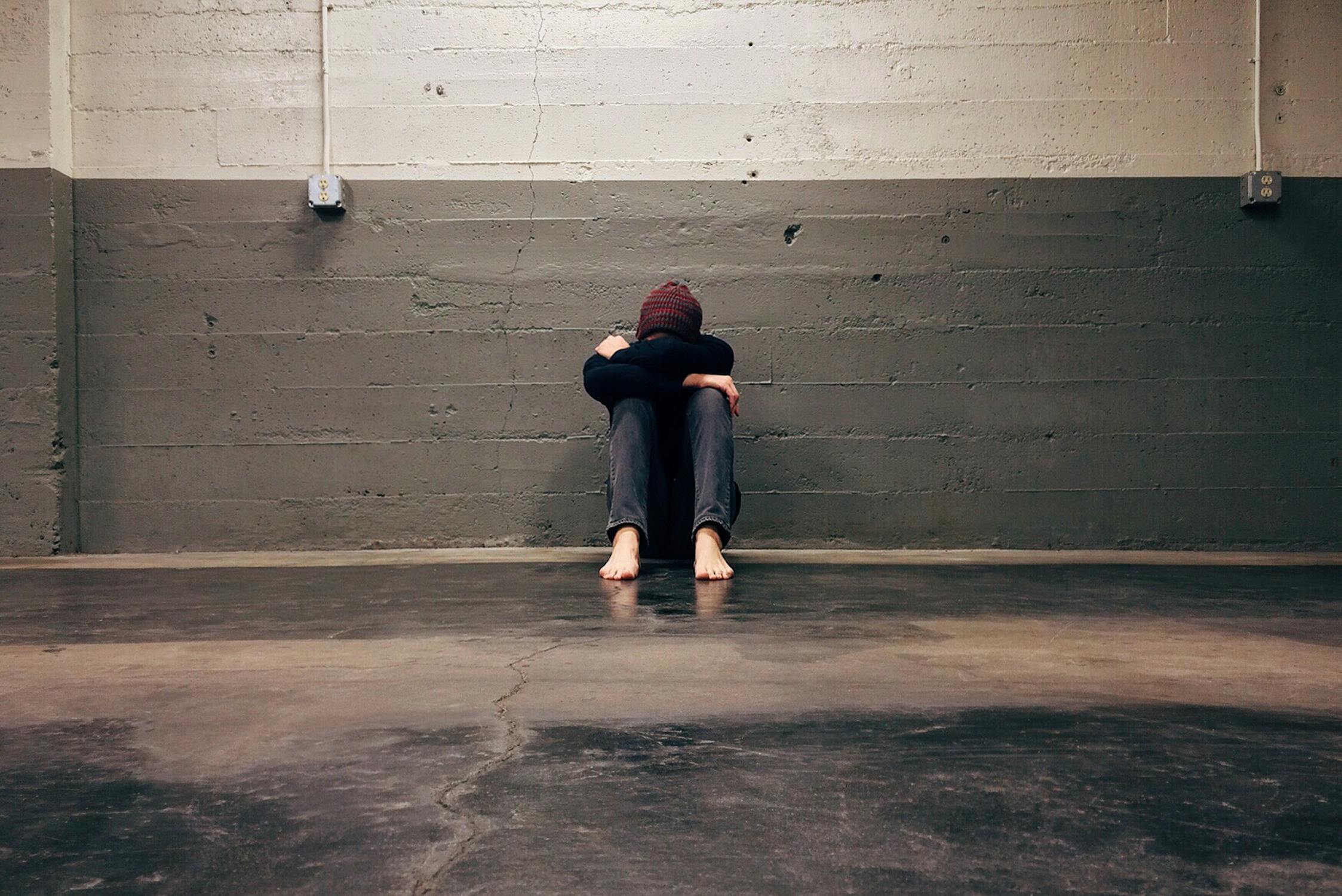Now this is going to blow your mind. We’ve heard much about how climbing improves our mental endurance and problem-solving skills – but according to Jim Taylor, Ph.D who teaches at the University of San Francisco, “it’s feelings, not thinking, that make great athletes great.”
So… Not everything begins from the mind?
In a famous quote by Henry Ford, the founder of the Ford Motor Company, he says, “whether you think you can or you think you can’t – you are right.” We may believe that everything begins with our thoughts, that if we start off with a positive or negative thought, that itself will affect the rest of the day.
It is also said that with practice, we can actually control what we think, how we think and when we think, so that we can achieve the expected outcome of our performance. However we’ve forgotten one major aspect of our human self – our feelings.
According to professor Mark Solms, a South African psychoanalyst and neuropsychologist, thoughts are ways of dealing with feelings, which means in a standard situation, the feelings came first, and thoughts are then our methods of dealing with the feelings by “thinking” your way out of them.
For example, even before a baby starts to form thoughts, they are a little bundle of feelings. Current research shows that babies have about 8 to 10 built-in feelings, such as:
- Interest (curiosity)
- Enjoyment
- Surprise
- Distress
- Anger
- Fear
- Shame
- Disgust (a reaction to noxious tastes)
- Dissmell (a reaction to noxious odors)
Thinking, which is developed over time, then develops from learning and experience.
However because we often think and feel at the same time, it is easy to get confused, or choose to believe one over the other. Despite our preference, we need to realise that despite how much thinking we do, we cannot simply make the feelings go away.

What we then need to do is find out how best to deal with the feelings. In Asian countries like Singapore, we are often encouraged to act rationally and this has also led us to place little emphasis or importance on our feelings and emotions. Are you feeling lousy? “Get over it.” Feeling sad? “Why be sad when you are luckier than many other people?”
We often use blanket statements like these to repress the negative feeling so that we can operate normally and fit in with the crowd. However holding it all in is not the solution.
Neuroscience studies suggest that the more emotions and conflicts a person experiences but blocks out, the more stress they feel. Furthermore, this leads to not only mental ills, but also to physical problems like heart disease, intestinal problems, headaches, insomnia and autoimmune disorders in the long run.
So perhaps the source of your climbing anxiety or fear actually lies in having too many emotions that need to be dealt with. What can we do to find a healthy balance with our emotions?
Here are 3 ways you can get started!
- Acknowledge and get comfortable with our emotions
Human beings are emotional, sensing and intuitive creatures. Our emotions can drive our behavior, our thinking patterns and our ability to perform in everyday life. It is not wrong to have a positive or negative emotion at all, but depending how we react to it, those emotions can be helpful sometimes or can even lead us to destructive behavior.

As such, we need to get comfortable and acknowledge them, but that is the challenge. Trying to fight our feelings often leads to more suffering. We dislike some feelings such as anxiety, fear of the unknown, or embarrassment of making mistakes. Because of this, we would go to great lengths to avoid those emotions – but that avoidance may very well result in added stress during a climb, which may inadvertently reduce our performance.
The answer is to not block them out but let them come. It is okay to feel (whatever it is you feel) – just embrace the discomfort. The more we expose ourselves to uncomfortable feelings (in a healthy way), we can gain confidence in our ability to tolerate distress.
- Determine whether your feeling is a friend or enemy
According to Jim Taylor, “it’s so important that you generate emotions that power you rather than hold you back.”

Emotions that can hold us back include fear, anxiety, frustration, disappointment, sadness, and despair. All of these negative emotions hurt us mentally, causing doubt, worry, and distractions, and damage our motivation. There are also physical side-effects (e.g., muscle tension, too much or not enough adrenaline, irregular breathing), and all these result in poor climbing performance.
Yet, negative feelings are also natural and healthy parts of the human experience. They may not be an enemy.
It is good to cultivate self-compassion, which is simply treating and responding to yourself the way you would a loved one who was sad or struggling.
Then identify the positive emotions that allow you to perform your best. Most often, it would be feelings of happiness, contentment, joy, excitement, pride, and inspiration, that produce great athletic performances.
- Regulate your emotions
Now what if all things were going well, and suddenly, you faced a negative emotion. What can you do to not let that feeling affect the rest of the climb?
Try mood changers — You would need to intentionally devise some ways to boost the mood and regulate your emotions. For example, if you are feeling disappointed, acknowledge it first, then spend some time dealing with it. It would not be healthy to repress the feeling and say that you were never disappointed in the first place. That would be changing your standards and accepting mediocrity. Rather, spend some time, take a walk, recall memories of success, achievement, value and meaning that would change your mood, and go back to try again.
So let’s get it clear — It is not wrong to use healthy methods or thoughts to change the mood and feeling, but it is important to know that we cannot lie to ourselves. It takes strength to allow oneself to feel sad, anxious, disappointed or scared.

Maintaining a positive attitude will also vastly improve our performance. Regardless of whatever feelings we may encounter, we can practice our reactions by staying calm, confident and optimistic.
This will help us to be relaxed and remain motivated, and we are then better able to focus on the task. In a group, it also helps us maintain a pleasant attitude towards opponents, referees and coaches, instead of getting hostile when things do not go well.
Honesty with your feelings will bring you a long way!
Finally at the end of the day, it is important to find climbing buddies or mentors whom you can be honest with sharing your feelings.
We are always expected to always be positive, strong, and decisive, even when overwhelmed with self-doubt. During competitive climbing, the pressure is even higher.
Therefore a culture of openness and allowing yourself to feel all of your emotions, actually creates resiliency and strength within. It may also be the path to finding your true self – which will open you further to achieving your dreams in climbing sports and in life.

Learning to feel is definitely worth the journey and is one of the most important skills to live your best life.
“Human beings are not creatures of logic; we are creatures of emotion. And we do not care what’s true. We care how it feels.” ~ Will Smith
